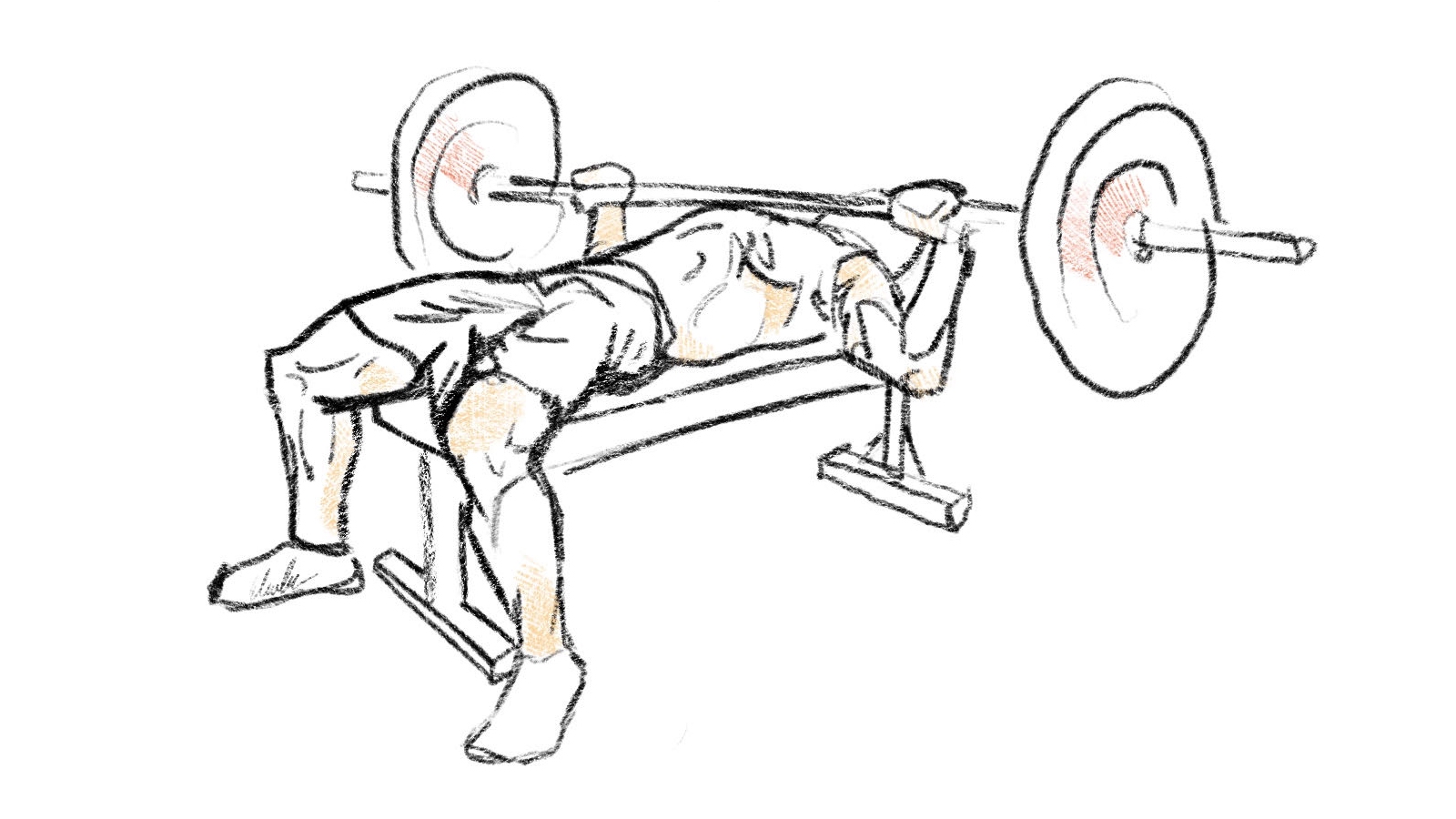Pro-Sports:
A sports requirement is obviously necessary to any small school that considers itself legitimate. While it would be cumbersome to implement this at a large school, given the number of teams and resources that would be required to enforce it, at a small school it is a necessity. When one looks back on their high school experience, they scarcely recall individual tests or classes, but they will always remember the comeback football victory or the blowout against the rival team. The only way to ensure this strong athletic performance is to establish a sort of requirement. The high school should take it upon itself to initiate the engagement of its students in athletics, and the athletes will take it the rest of the way.
The benefits of mandatory sports are increased average fitness of the student body and an opportunity for them to bond. It is important for students to be fit as it will result in them leading a healthier life and improve their general well-being at school. Furthermore, the social climate of a team is an apt environment to make friends as they all have to work together. Students who have a close group of peers will generally do better in school, as well, both academically and socially.
The latter half of this two-sided benefit to mandatory sports is completely lost in a mere fitness requirement. Though the student body may not devolve into obesity, they will not have access to the humanity at the heart of sports. Competitive athletics programs allow important lessons of teamwork, leadership, and sportsmanship to be taught to the players. An optimal interdisciplinary education (such as that of Belmont Hill) does not let its students pat themselves on the back for fulfilling some invalid fitness requirement. Sports serve as the mortar that holds together a school community and, unless it receives the attention it deserves, the student body will never reach its full potential.
Pro-Fitness:
Are sports a burden? Many schools promote and emphasize the importance of staying fit through school sports. However, some may argue that these schools neglect the variation of athletic capability among students.
Within the student body, many individuals are immersed in extracurriculars such as the arts, club teams, and other high commitment activities. Schools should respect one’s personal values and strengths, and therefore should not confine them to a sports requirement. After-school activities and pastimes are a personal preference that should be chosen by the student. If a student is passionate about other extracurriculars and is eager to achieve higher results in their own independent activities, the addition of a required sport may be a waste of valuable time that could be spent on improving a desired skill.
Mandatory athletics also add yet another task to the hectic schedules of students, which could ultimately lead to a decline in academics due to a lack of time. Furthermore, the choice for sports is fairly small as there are only so many to choose from. If a student wishes to pursue a particular sport then they have the option to do so, but it is unjust to force the requirement upon someone who is not interested in athletics or the sports available at the school.
On the contrary, the Winsor gym provides a variety of equipment which allows students to voluntarily create their own personal workout. This privilege enables students to enhance their athletic skills through several modified exercises. Students are therefore able to primarily focus on areas for improvement. Instead of limiting a student to one individual sport, the fitness requirement permits students to explore different athletic skills, techniques, and activities. Fitness is frequently portrayed as a solitary exercise; however, it can also be a way to bond with your classmates and meet other students from different grades, similarly to the environment of a sports team. Specific work-out times are never planned in advance, which promotes students to exercise with a fellow peer or friend.
Schools constantly ask students to write down their own personal goals for the year ahead. One of the most used statements is “time management.” The fitness requirement only requests a student to sacrifice two, one hour periods per week. However, sports require a considerable amount of commitment. Depending on one’s values in academics, with sports, it becomes more difficult to manage your time for homework and extracurriculars in preparation for school the next day. Through fitness, a student can remain both physically and mentally healthy without having to commit to a full-time requirement.
Several disputes have been made regarding athletic requirements. Both systems benefit the student body, but the real question is whether students should feel confined towards a sport, or limited in their choices. The fitness requirement provides students with the option to pursue a sport, or engage in other after-school activities. Through this choice, students are able to feel more comfortable with their decisions and therefore excel in their selected area.





